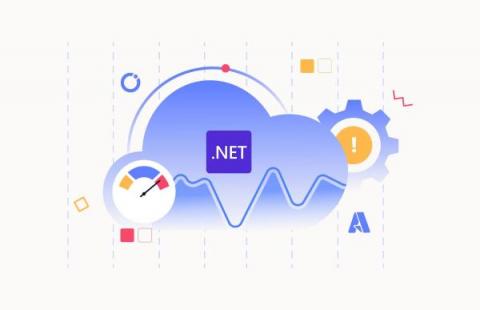DevOps isn't dead: How platform engineering enables DevOps at scale
DevOps has become the de facto methodology in software development. With it, software engineers can take operations into their own hands, using techniques such as Infrastructure as Code (IaC) to automate infrastructure deployment. However, as the popularity of DevOps has grown, so has the complexity of modern application development. Developers must learn new tools and maintain infrastructure while coding and prioritizing ops tasks alongside feature development.











